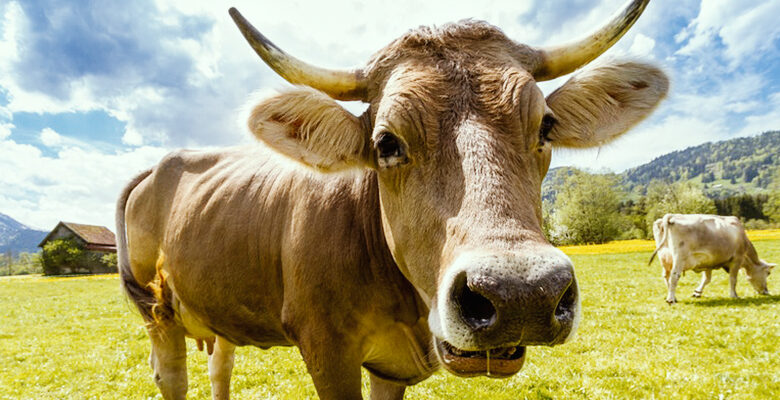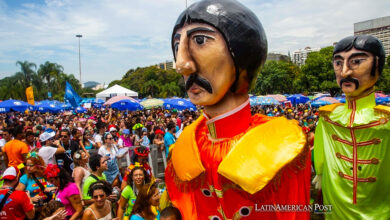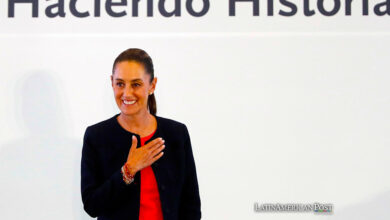Foot-and-mouth disease hits Colombia

Listen this article
Contagious bovine disease threatens 17.79 billion dollars a year

Colombia’s agriculture minister Mauricio Iragorri has had a tough couple of days due to the finding of the Foot-and-Mouth disease in at least four regions of the country: Tame (Arauca), San Faustino (Norte de Santander), and Tibacua and Yacopi (Cundinamarca). The event provoked the halt of meat exports from the South American nation and keeps an industry that counts for 6.3% of its national GDP in peril.
The Foot-and-Mouth disease is a type of contagious and, often terminal, viral illness that affects cloven-hoofed animals; it can either be transmitted sexually, through aspiration or orally. Its most common symptoms are blisters inside the mouth and sores on the feet giving origin to the name. The causes of the epidemic were disclosed by PANAFTOSA, the Latin American center against the Foot-and-Mouth disease; their findings conclude that the disorder entered the nation from Venezuela as bovine trafficking is exposed. The World Organization for Animal Health declared an export restriction of at least two months for the country as a result. This supply shock affects 450,000 ranchers and is expected to wipe out 2.9 billion dollars from the Colombian economy.
Foot-and-Mouth disease was last seen in the South American nation in 2009. Since then, efforts were made to vaccinate animals; the official statistics from Fedegan –the farmer’s union- revealed that as much as 2.500.000 or 98% of all the bovines in Colombia have been vaccinated. For this reason, the illness was unexpected.
This event doesn’t just affect the nation, the interrupted exports will create a market imbalance in Chile, Peru and, most significantly, Russia, who buys 45% of the Colombian meat output; fallout is expected as the market theory states that once a producer fails to deliver the expected quality in an expected time, the buyer is likely to find a substitute for the input. The agriculture minister has implemented a series of measures in order to restore the trade, like meat transportation being closely monitored by land and air to decrease the chances of a pandemic, those who were found guilty for trafficking with black market bovines from Venezuela will have their property taken away, and there are a series of efforts regarding strategic vaccination and sacrifices to minimize the negative effects.
Losing 1/6th of a year’s output, plus growing costs, may take many agents out of the market and affect a sensitive portion of the economy whose success is crucial in the midst of the famous peace process leaded by President Juan Manuel Santos.
Latin American Post | David Eduardo Rodríguez Acevedo
Copy edited by Susana Cicchetto




